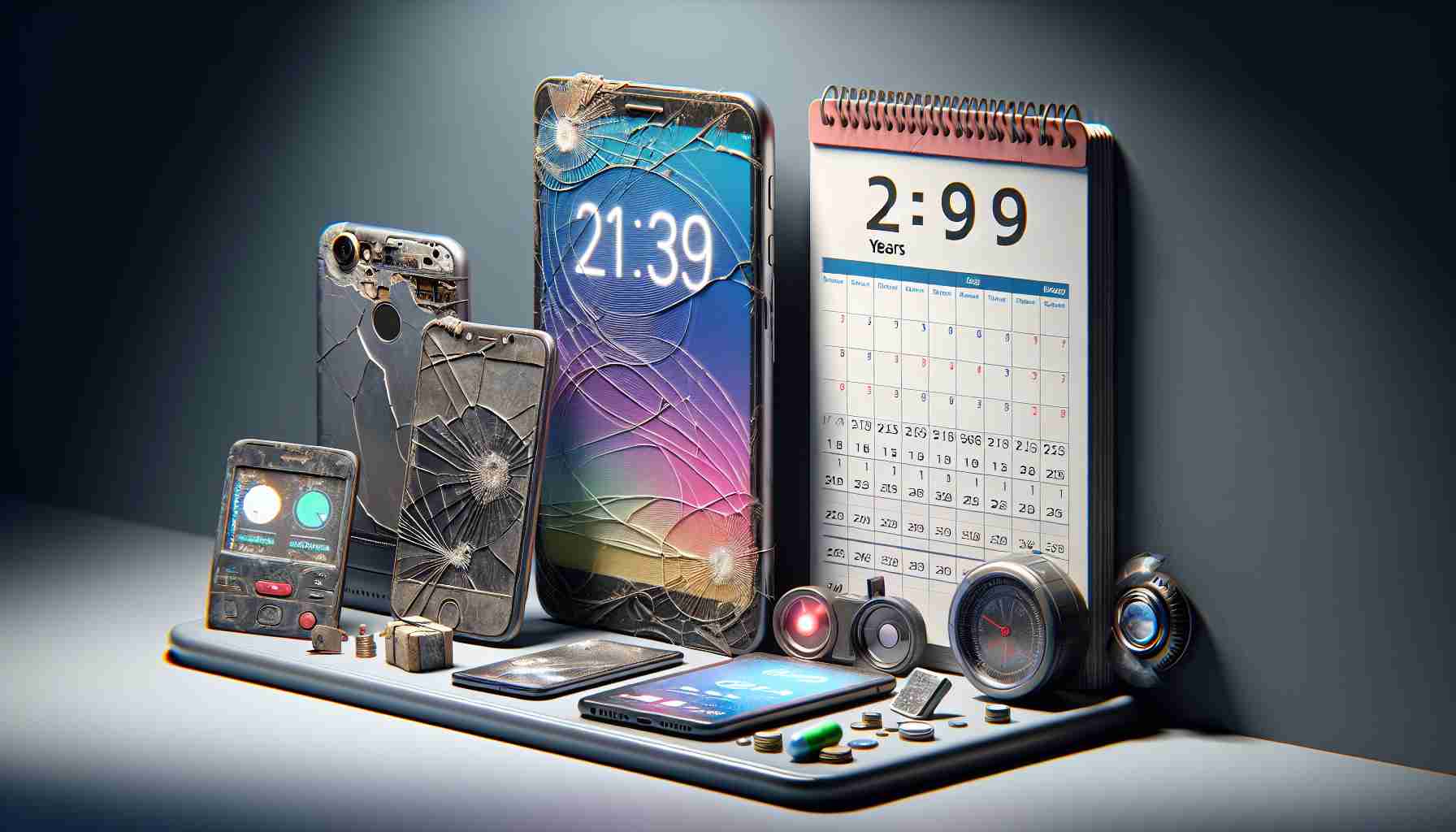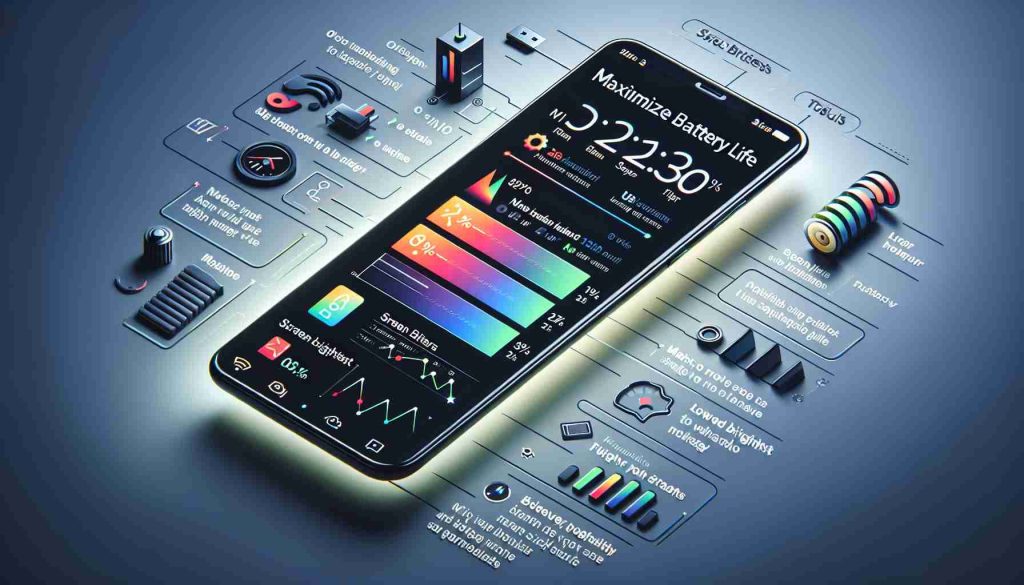The smartphone market is evolving rapidly, prompting many users to consider the timing of their next upgrade. With advancements in technology and new models being released frequently, it’s essential to recognize the signs indicating it may be time to replace your device.
If your current phone is sluggish or the battery drains excessively, these are clear indicators that an upgrade might be necessary. Other crucial factors to consider include the amount of storage available, any physical damage such as cracks, and the functionality of the touchscreen. Frequent overheating and an inadequate camera can also signal the need for a new device.
For Android users, if your phone is no longer receiving updates, it is particularly important to think about replacing it. Upgrading can enhance your overall experience and safeguard you from potential cyber threats that come with outdated software.
iPhone users should be especially cautious if their devices fall into older model categories, as Apple has ceased issuing updates for these. This lack of support can lead to vulnerabilities and performance issues. If you own models like the iPhone 7 or earlier, it’s prudent to seek a new phone.
As Apple’s support for the iPhone XR and XS lineup is drawing to a close, those still using these models should also consider making the switch. By evaluating these aspects, you can determine the most appropriate time to invest in a new device that meets your needs and aligns with the latest technological trends.
When Is It Time to Upgrade Your Smartphone?
In today’s fast-paced digital landscape, the smartphone is more than just a communication device; it is an integral part of our daily lives. As technology advances, the decision to upgrade your smartphone becomes increasingly crucial. Understanding when to upgrade can significantly enhance user experience and ensure security.
What are the key indicators that suggest it’s time for an upgrade?
1. Performance Lag: Is your phone frequently lagging or freezing? An upgrade may be necessary if basic functions like calling, texting, or running apps have slowed down significantly.
2. Battery Life: Does your phone barely last a day on a single charge? As battery technology ages, the capacity diminishes. A consistent inability to hold charge is one of the most critical reasons for upgrading.
3. Storage Limitations: Are you constantly trying to delete files to free up space? Modern smartphones offer considerably more storage and cloud integration, making it easier to manage large amounts of data.
4. Physical Damage: If your device has sustained considerable physical damage, such as cracked screens or pockets of water damage, it might be more economical to invest in a new smartphone than to pay for repairs.
5. Software Updates: For Android and iPhone users alike, a lack of software updates is a significant red flag. Regular updates not only provide new features but also crucial security patches. Sticking with an outdated device makes you vulnerable to potential cyber threats.
What are common challenges or controversies associated with upgrading?
One major controversy surrounds the phenomenon of “planned obsolescence,” where manufacturers intentionally limit the lifespan of devices. Some users believe this practice pressures them into upgrading more frequently than necessary. Additionally, with the push toward 5G technology, some users feel uncertain about upgrading to a newer model when their current one still supports LTE functionality adequately.
Advantages and Disadvantages of Upgrading Your Smartphone
Advantages:
– Enhanced Performance: Newer smartphones typically offer faster processors and more RAM, which translates to smoother use.
– Improved Features: Upgraded camera technology, better display quality, and newer software features can vastly improve user experience.
– Increased Security: New devices come with updated security features that protect your personal data from potential threats.
Disadvantages:
– Cost: Purchasing the latest model can be expensive, and contracts or installment payments extend this financial commitment.
– Transition Difficulties: Moving to a new phone can involve transferring data, learning new features, or adjusting to different interface designs, which can be cumbersome.
– E-Waste Concerns: Disposing of old phones can contribute to environmental issues, making sustainable practices a consideration for users.
What questions should you ask before upgrading?
1. Do I need the latest features, or will my current phone suffice?
– Assess your current usage. If basic tasks are manageable, waiting might be prudent.
2. What’s my budget for a new device?
– Establishing a budget helps in narrowing down the options without overspending.
3. Am I attached to any specific features of my current device?
– Consider whether the features you value are available in newer models.
In conclusion, determining when to upgrade your smartphone involves evaluating performance metrics, your personal needs, budget constraints, and potential environmental impacts. By asking the right questions and weighing the pros and cons, you can make an informed decision that aligns with both your lifestyle and technological preferences.
For more information on smartphones and technology trends, visit Android Central or MacRumors.























